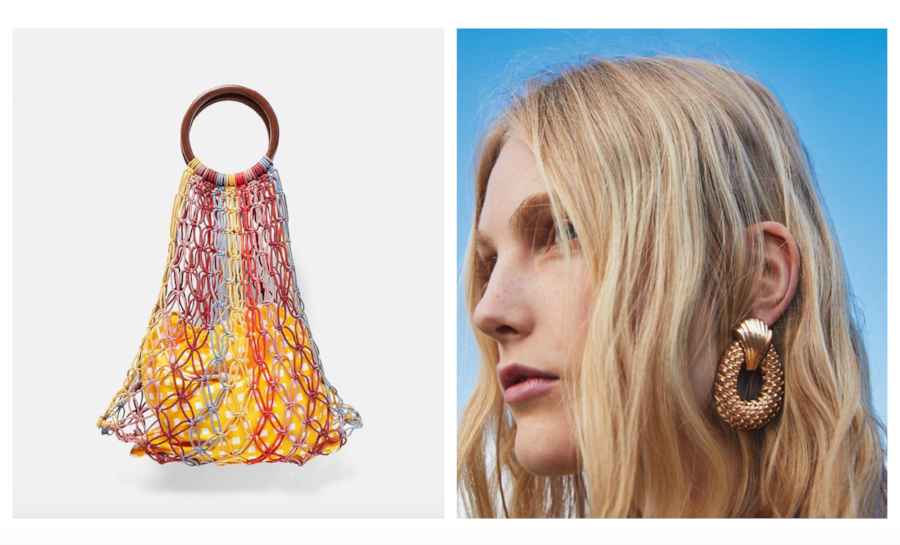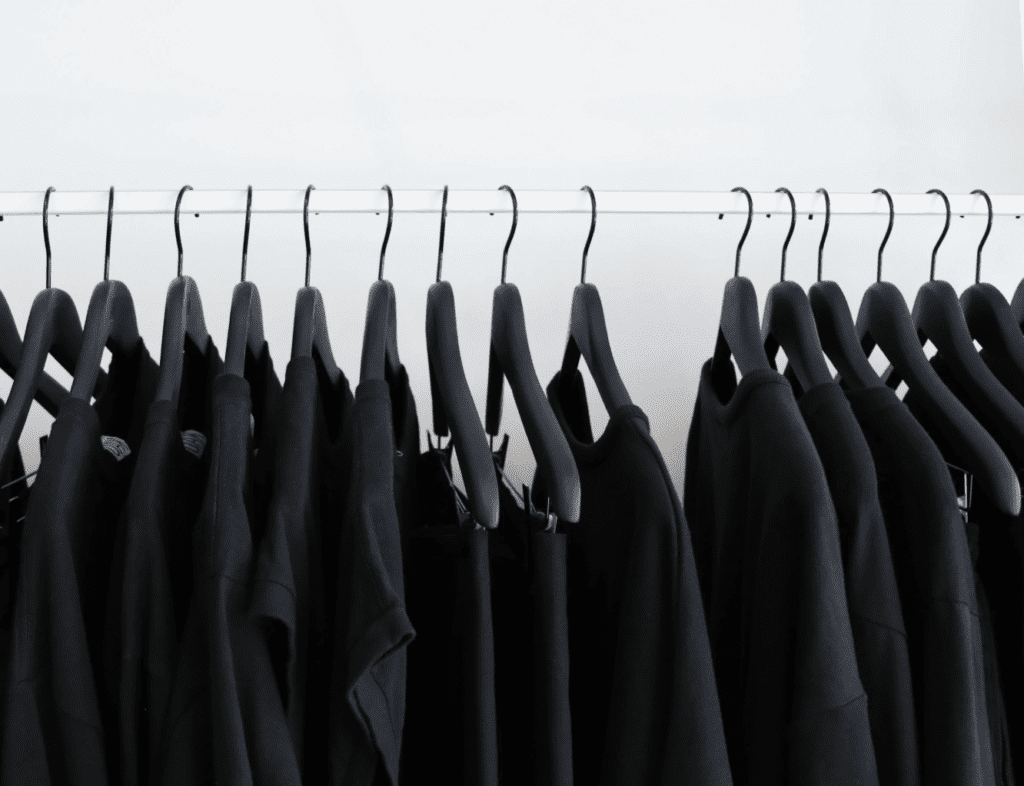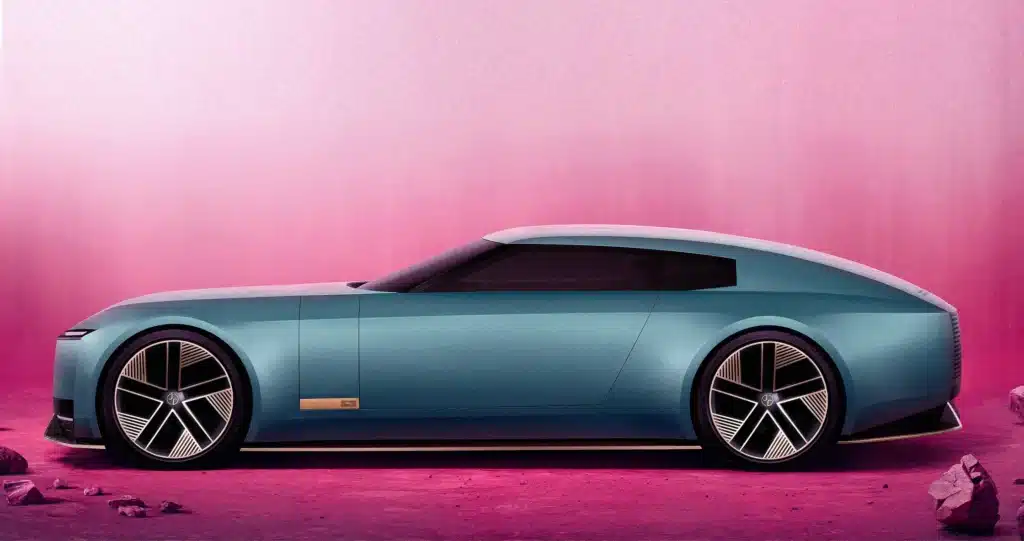
image: Zara
One of the key takeaways in terms of millennials in years, in particular, has been that they are actively gravitating towards brands that maintain a strong social ethos. This is because millennials – those pesky individuals born between the early 1980’s and 2000 – are largely viewed to be more tapped into social causes and activism than many of the generations before them, and if analysts are to be believed, they have discretionary income to back up those social beliefs.
Part of the narrative associated with this multi-faceted generation of individuals is their interest in sustainability. As Nielsen reported a few years ago, “Despite the fact that millennials are coming of age in one of the most difficult economic climates in the past 100 years, they continue to be most willing to pay extra for sustainable offerings.” Early this year, sustainability-focused consultancy Shelton Group found that found 90 percent of millennials are more likely to buy from a brand whose social and environmental practices they trust. And yet, the consumption of fast, cheap, disposable fashion continues to grow, suggesting that something is askew.
According to a new study, the impact of social causes on the purchasing behavior of millennials may have been overstated quite a bit. Morning Consult, a Washington, D.C-based consultancy, surveyed a national sample of 2,202 adults, and found that, yes, millennials do “expect more from brands – from the shoes they wear to the coffee they Instagram,” and this means that “factors like ethical standards or transparency are important to them.”
However, Morning Consult also garnered from its study that “while there is certainly a cohort of millennials that pay attention to [civil rights issues, supply chain transparency, labor conditions, philanthropy, and/or domestic manufacturing] – and are willing to hold companies accountable, the average millennial does not.” Instead, the vast majority of millennials, just the like the generations that precede them, “want reliable, well-priced goods,” which means that those aforementioned issues take a very real backseat to price and value.
Such price concerns even come into play when millennial consumers talk about loyalty. Morning Consult’s survey revealed that almost 50 percent of millennials “have some brand preferences that [they] will look to first [when shopping], but [they] usually consider alternatives,” as well. Nearly 30 percent say that they “don’t pay attention to brands and buy based on other factors like packaging, quality and price.” And only 19 percent say that they “tend to be loyal to specific brands and largely buy from them repeatedly.”
With this in mind, of the qualities that the millennials surveyed said that they associate with their favorite brands, “well-priced given the quality,” “reliable” and “high quality,” all ranked higher than “fair-minded,” “ethical,” “moral” and “transparent.” At the same time, while most millennials are primarily concerned about price, in large part because “coming of age amidst the Great Recession, millennials were instilled with a deep sense of financial caution,” per Morning Consult, they are not above boycotting brands whose values that do not agree with. Nearly 25 percent of millennial consumers say that they have boycotted a company in the past year in connection with social issues.
“Crucially, millennials are increasingly using their consumption choices “to project values in public and online, elevating the need for brands themselves to be value-conscious,” says Morning Consult co-founder and CEO Michael Ramlet, even if they are driven primarily by price.











